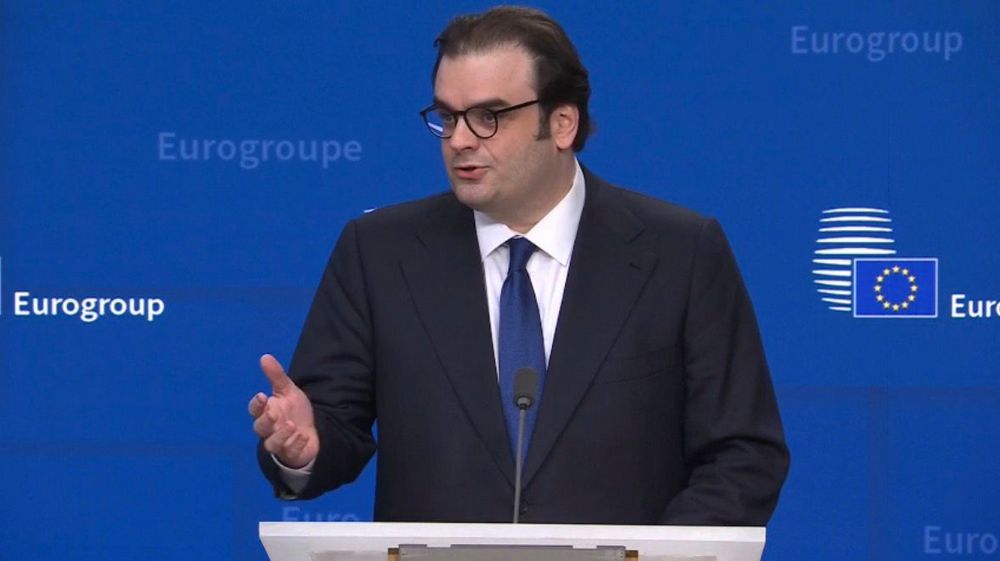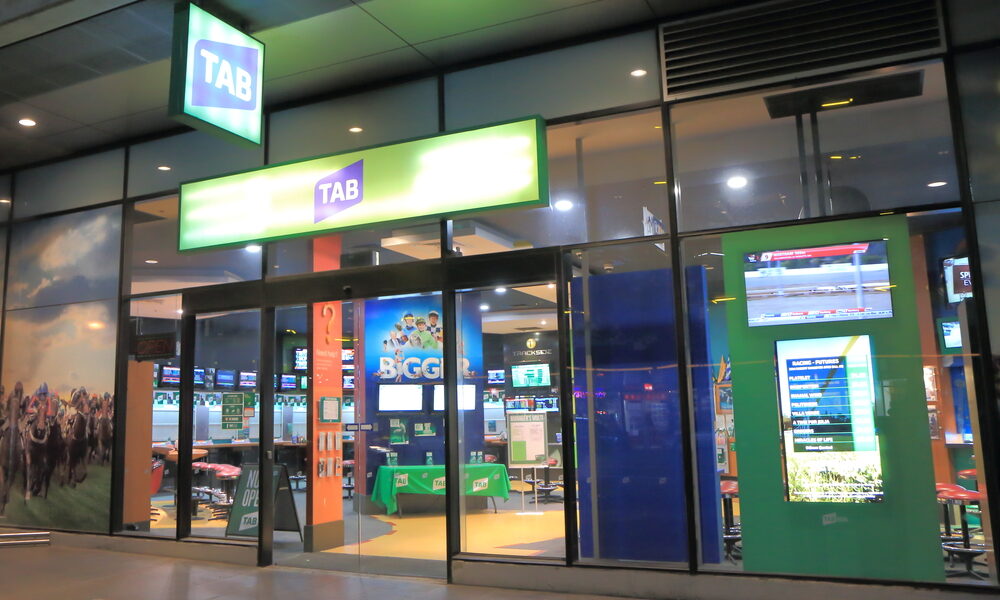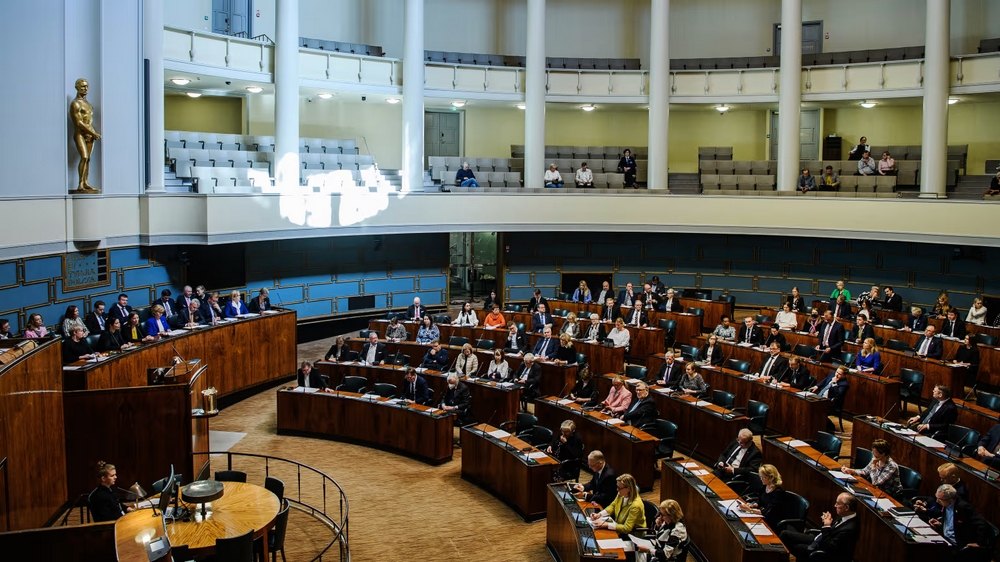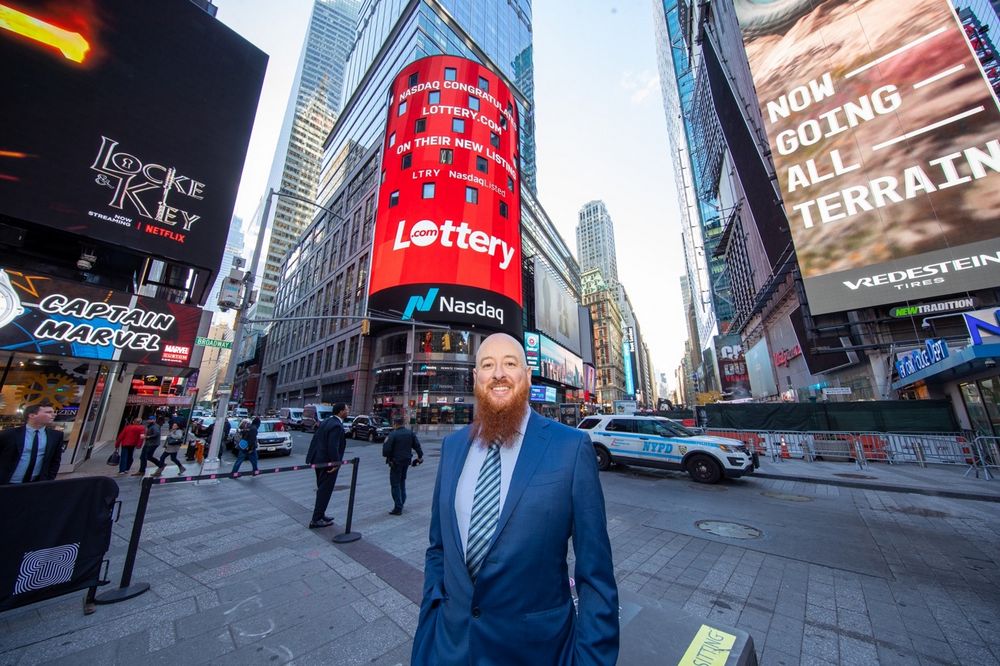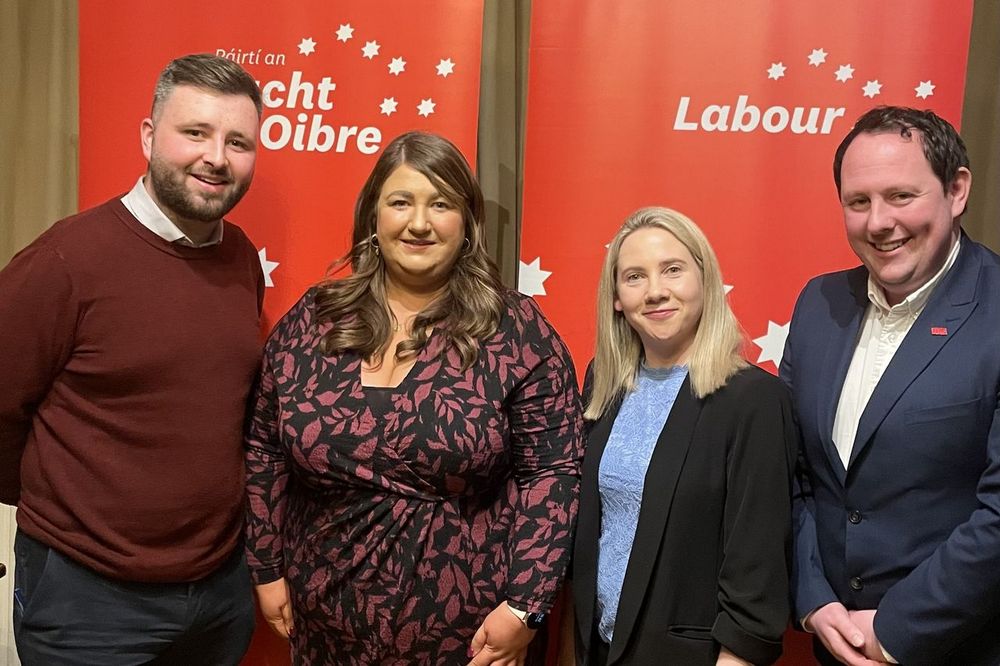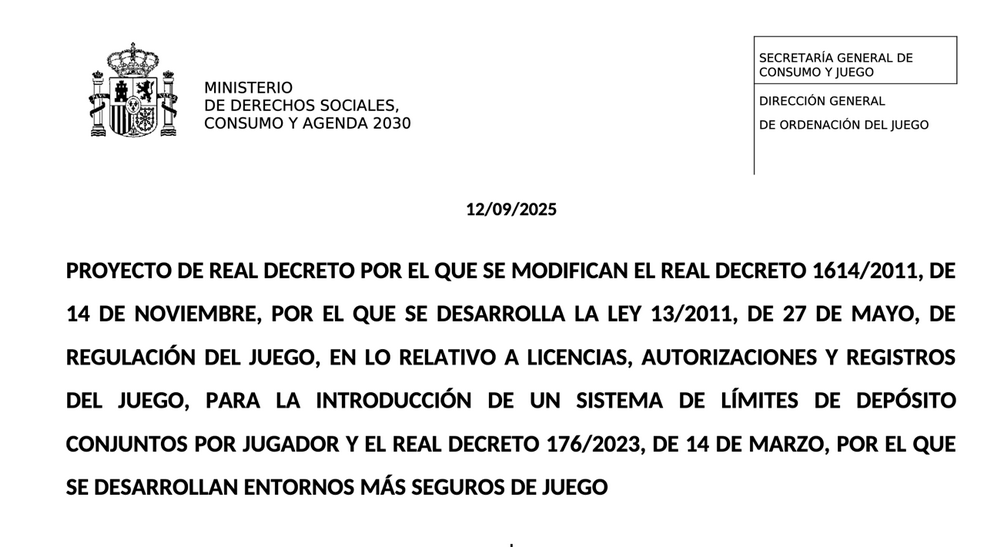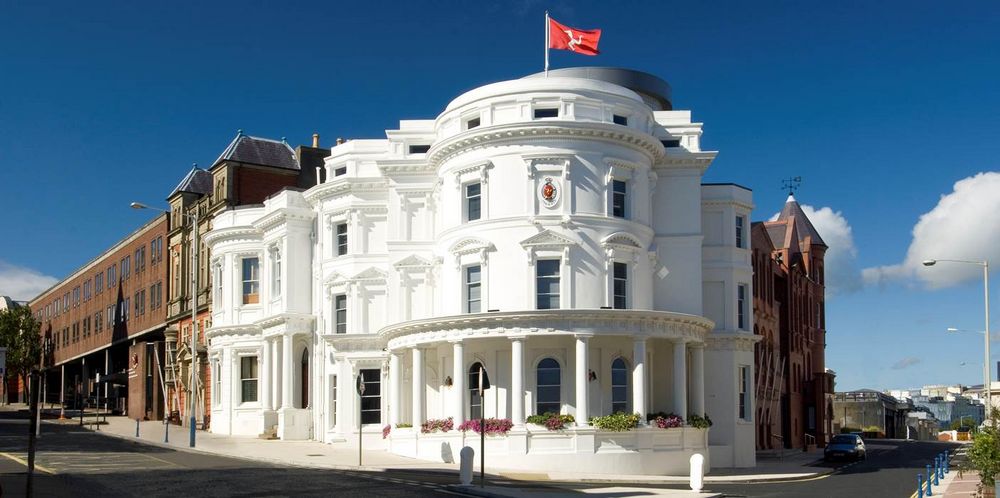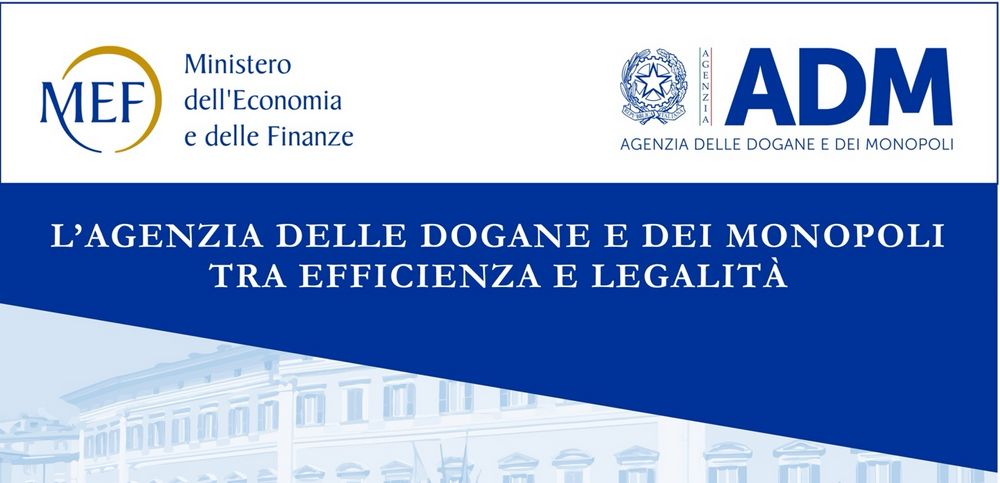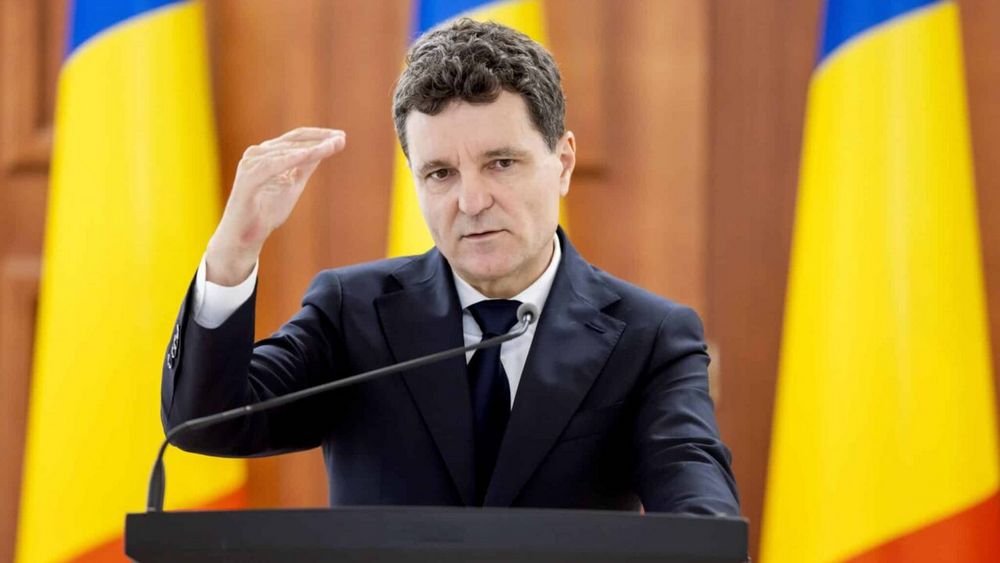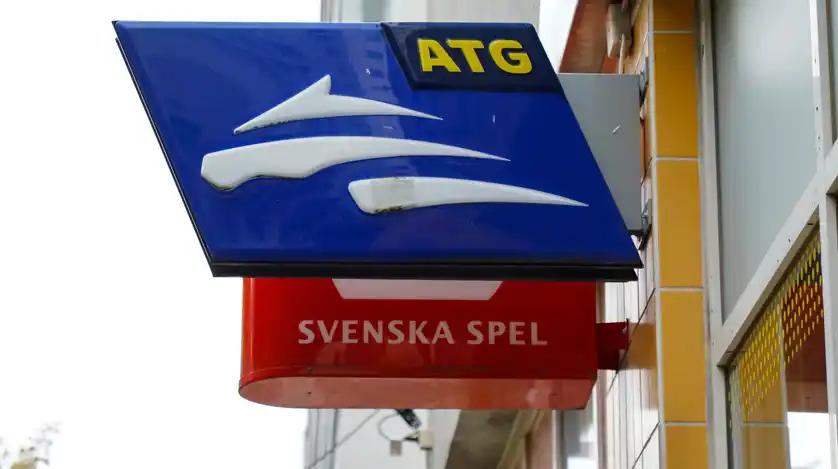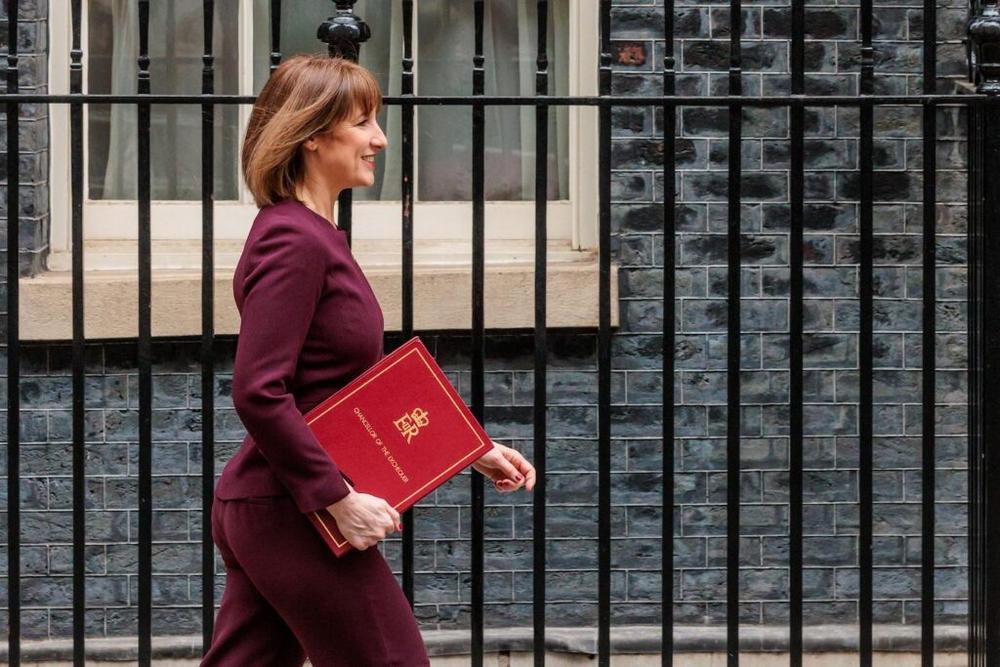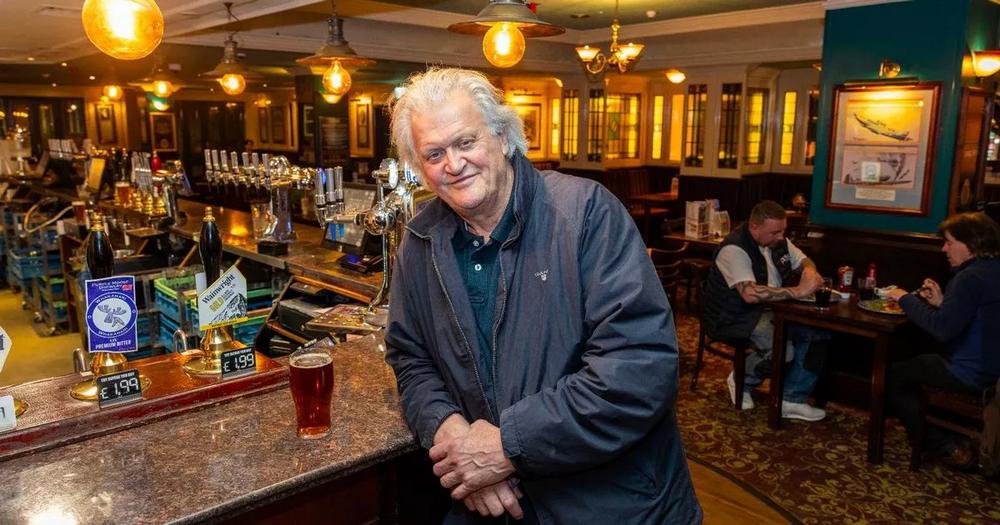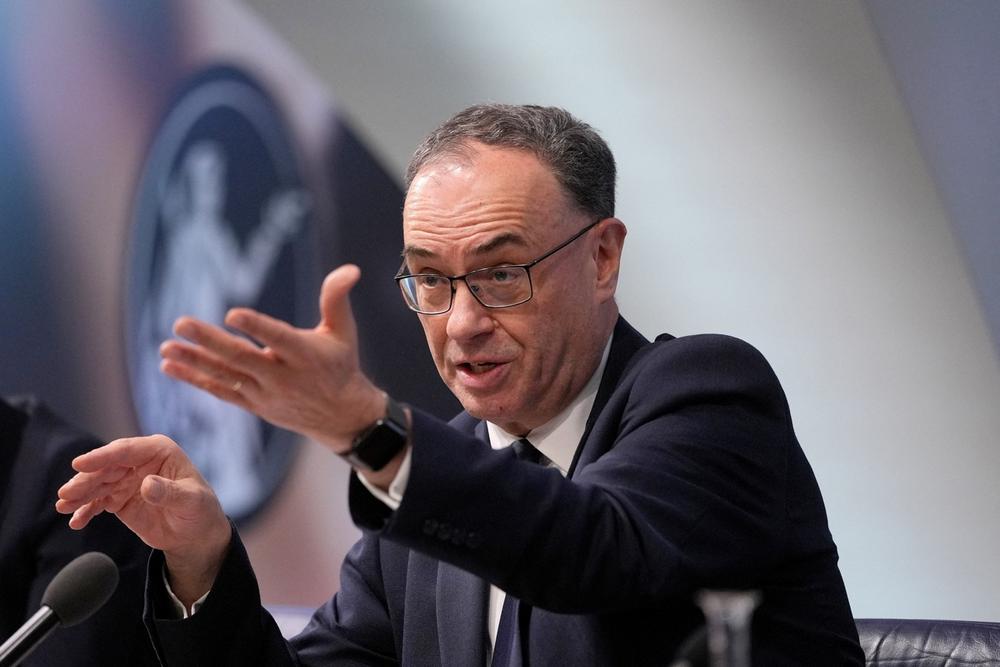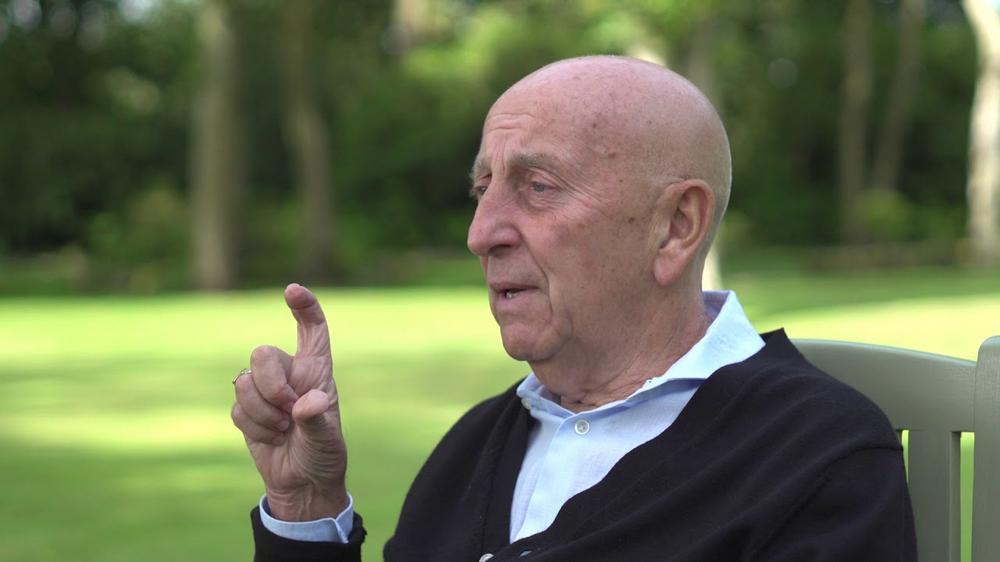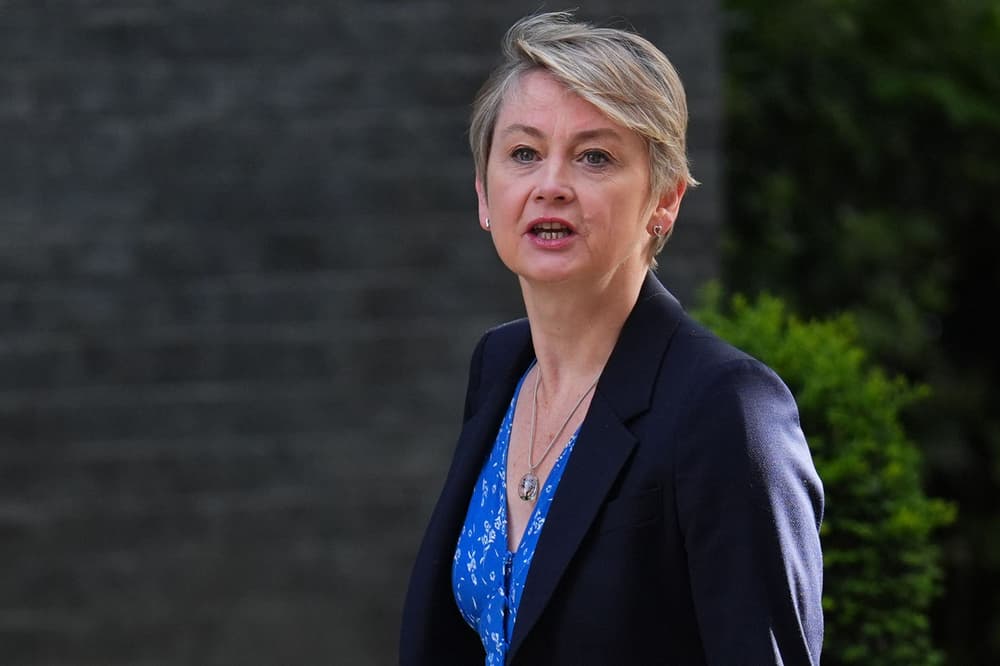In the latest twist in the UK's never-ending saga of “how safe is safe enough?”, the BBC has ruffled industry feathers with a sting operation targeting Adult Gaming Centres (AGCs). The report, released earlier this week, revealed that a self-excluded undercover journalist managed to gamble at 13 out of 14 venues in Portsmouth. One might call that a system failure. Others, apparently, call it an “isolated incident.”
Enter BACTA, the body representing Britain's AGCs, which wasted no time issuing a carefully balanced rebuttal. While describing the BBC’s findings as “deeply disappointing,” BACTA President John Bollom was equally quick to label the report as “unrepresentative”—a familiar tune in the halls of British regulatory theatre.

Still, to their credit, BACTA didn’t completely bury its head in the sand. The association admitted that staff training, digital systems, and daily checks of self-exclusion registers may need “tightening.” There was even talk of using tablets (yes, tablets!) to help employees recognize faces of those who have chosen to self-exclude.
UKGC survey shows surge in online gambling among young male players
As for allegations that AGCs are clustering in low-income areas? Bollom countered with data showing a 35% decline in venues since 2011, painting the picture of a shrinking industry under pressure—not one plotting to target the vulnerable.

The UK Gambling Commission issued a more stern reaction, calling the results “very concerning” and promising to investigate further. Meanwhile, 39 local councils have urged DCMS for more say in planning permissions, suggesting that not everyone is convinced by BACTA’s measured response. At the heart of it all lies a simple question: is the industry genuinely protecting players, or merely performing a polite pantomime of responsibility?
BACTA says it welcomes improvement—just not too much, too fast, and definitely not on the BBC’s terms.











